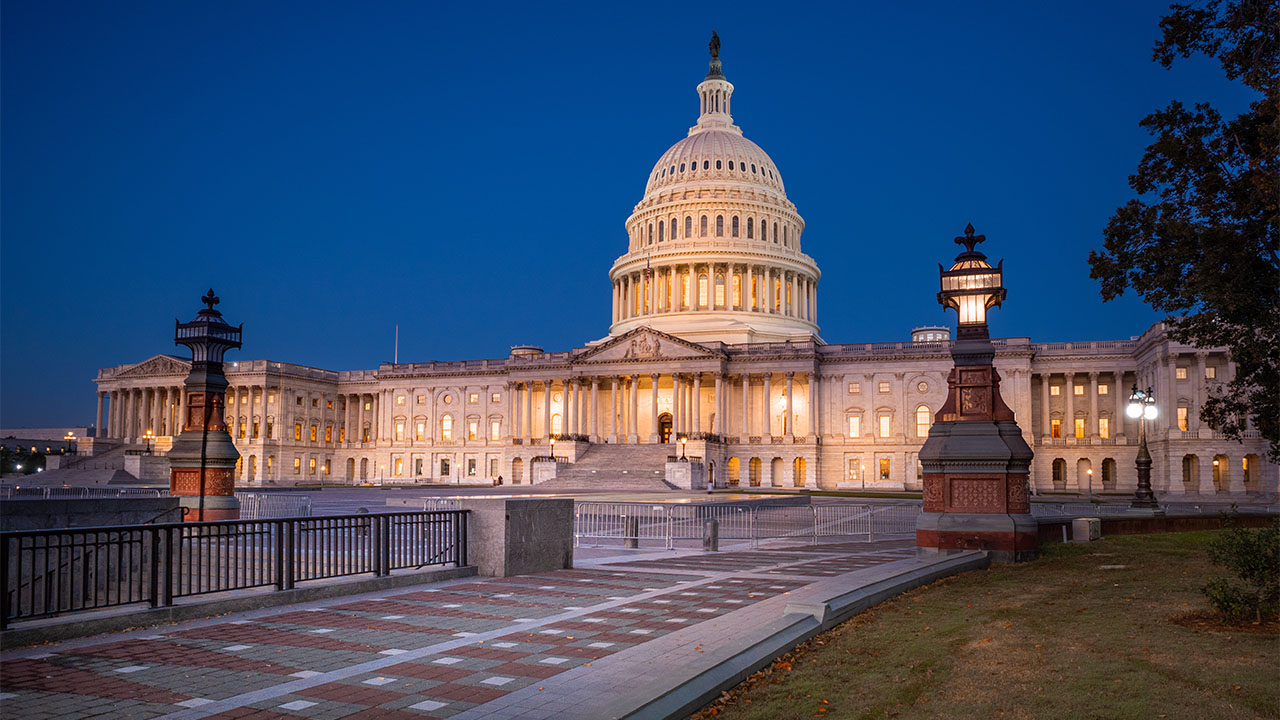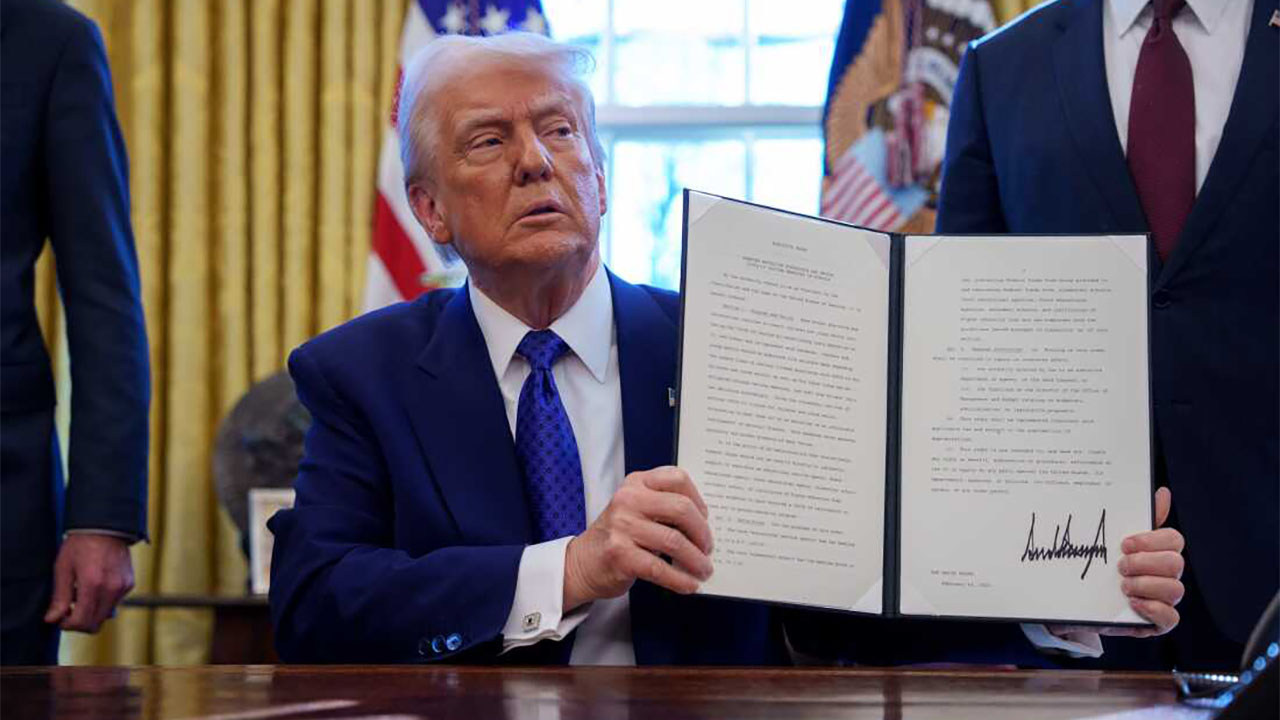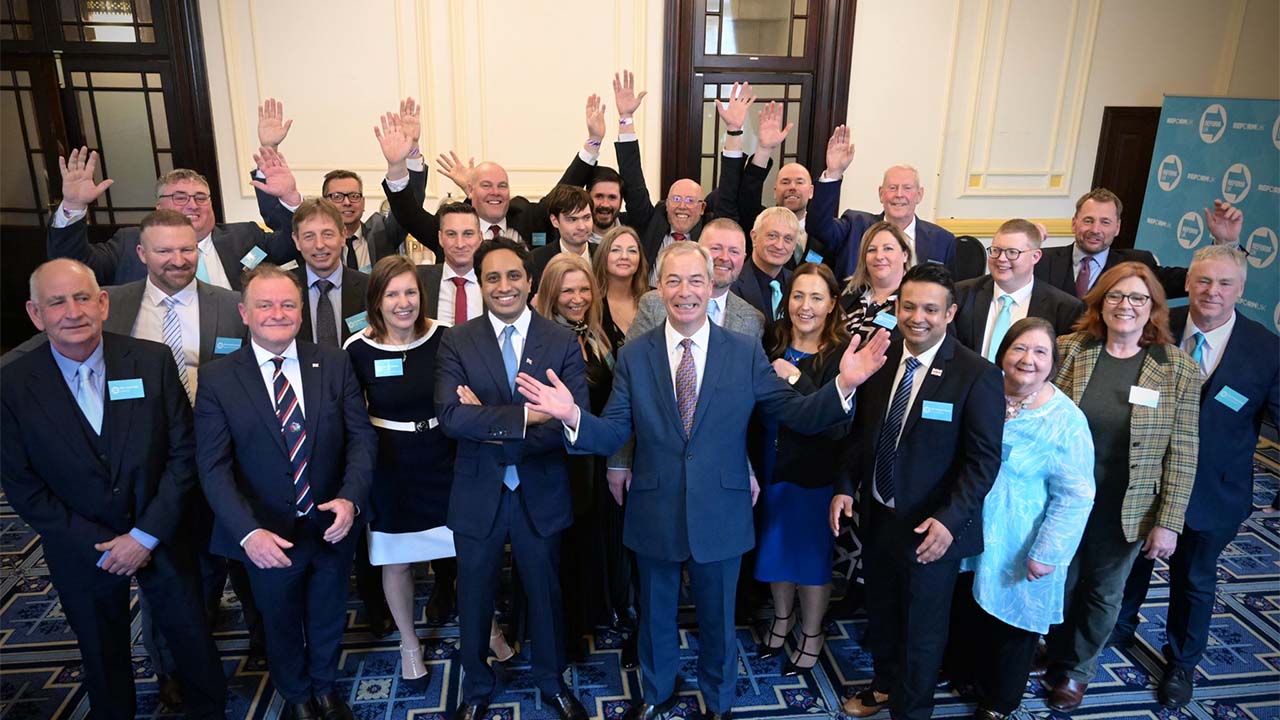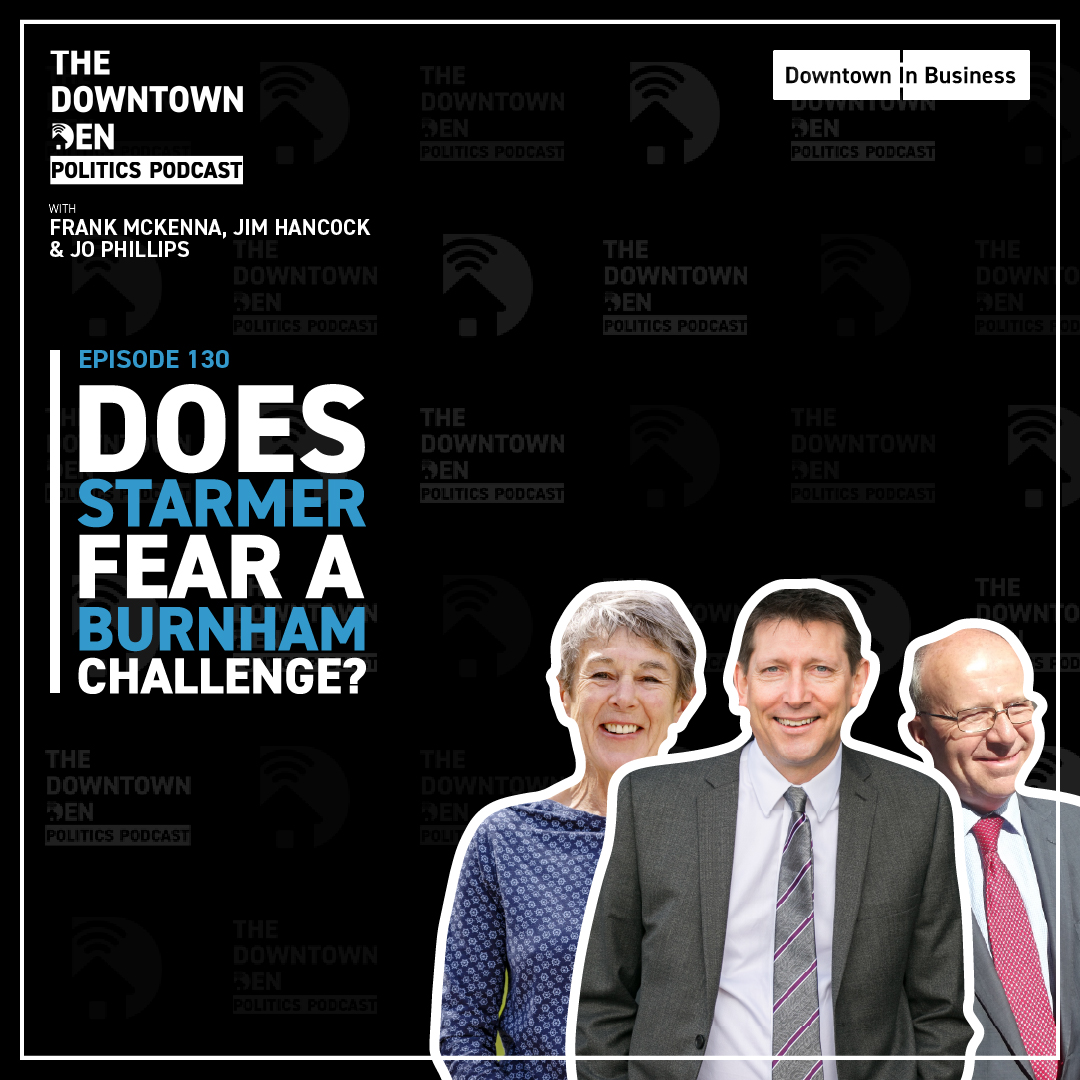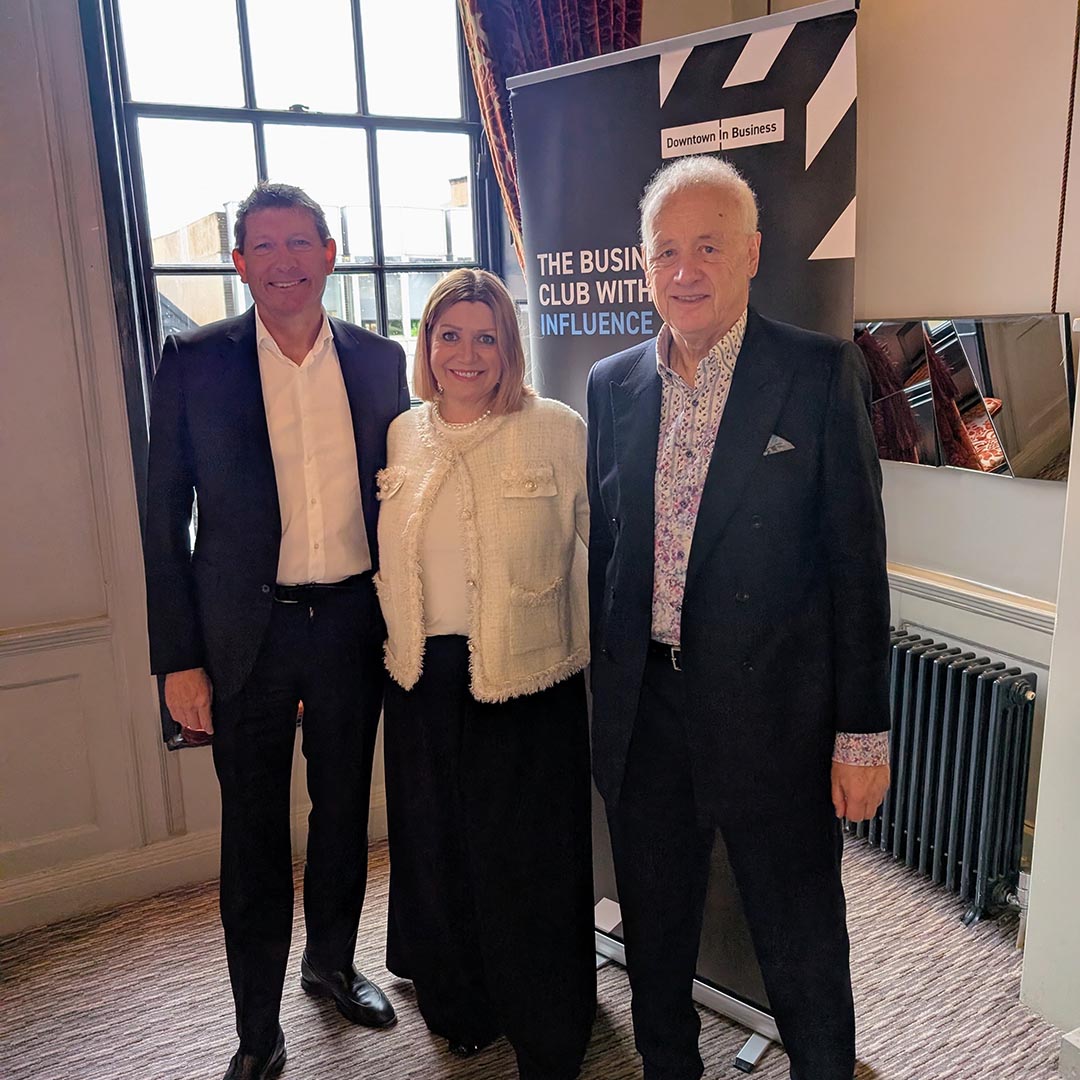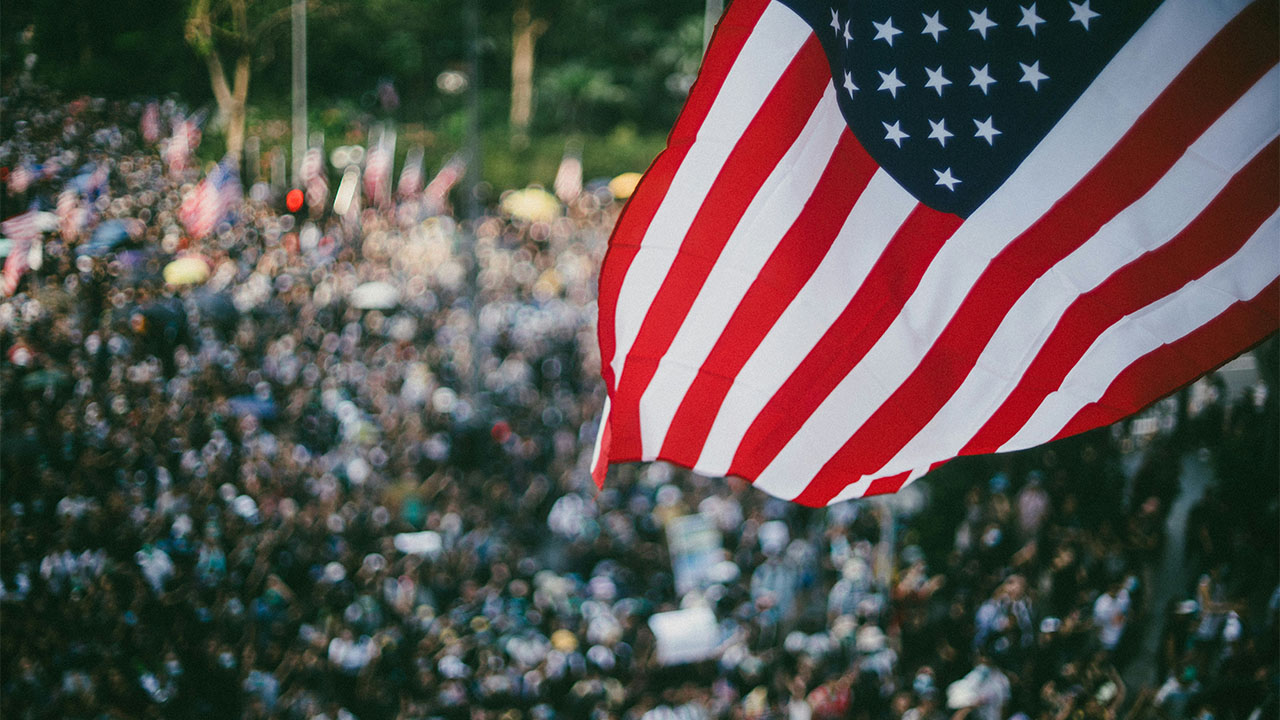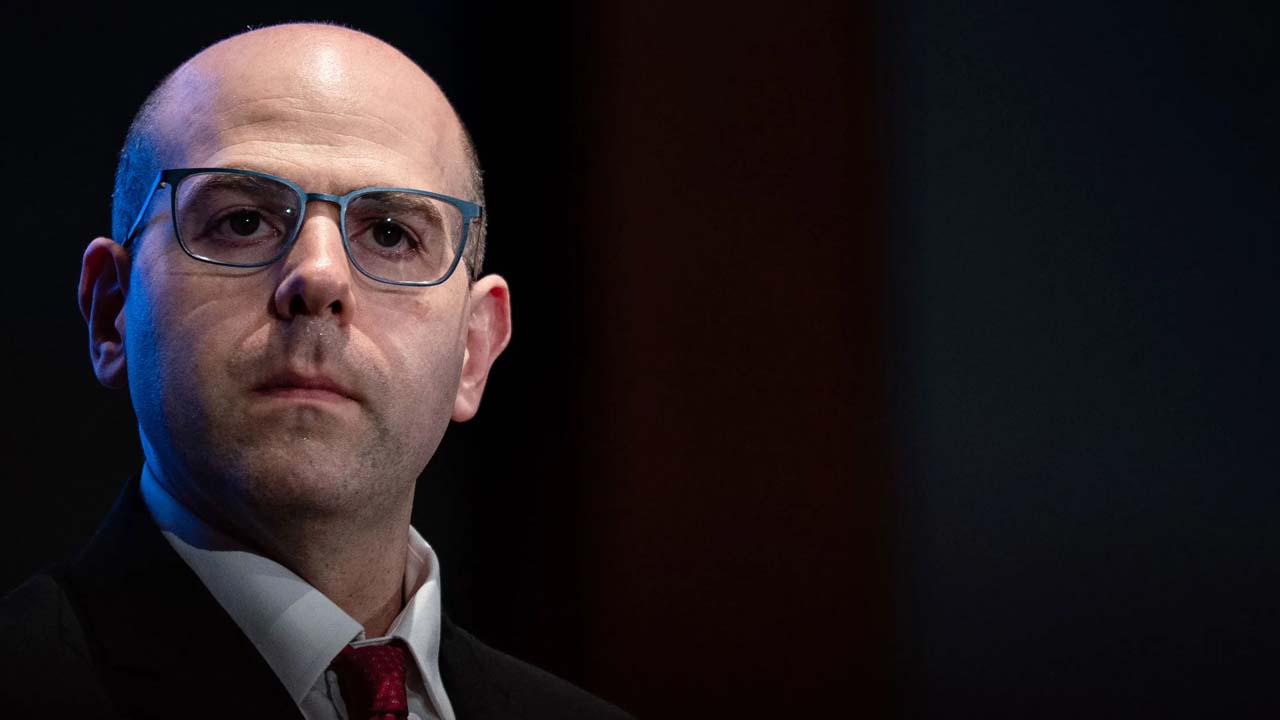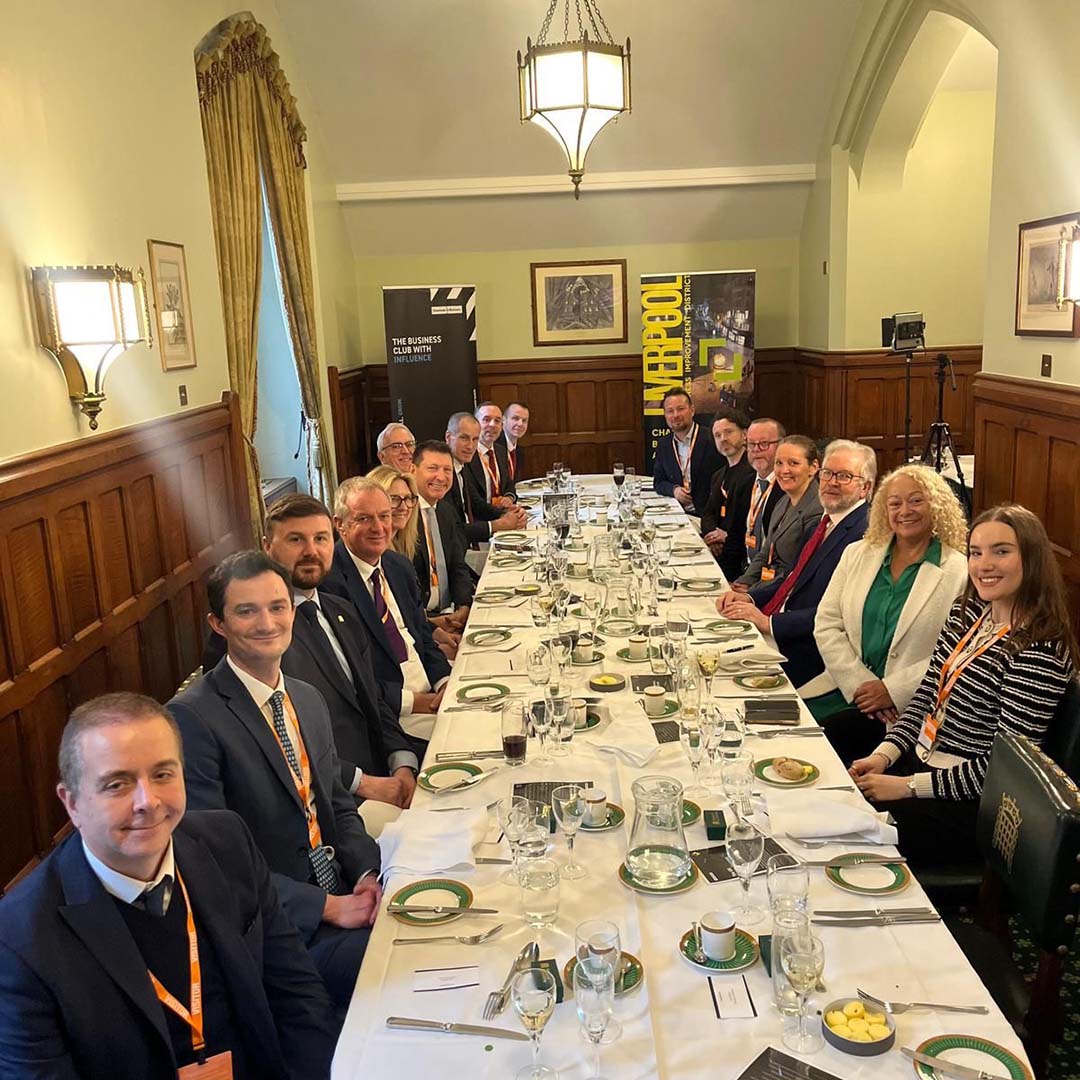Dear reader, this and the next few blogs will be a change from the normal observations of life in America through my jaded British eyes.
Finding myself working on this side of the pond for the coming weeks and months, I am going to be reversing my look at the peculiarities of the special relationship – especially during an election year – from these green and pleasant lands.
The week started well, as I was delighted to find that many of the streaming services on which I have become heavily dependent are replicated in the UK. The same well-past-their-sell-by-date movies, TV series and reality shows are thankfully also wall-to-wall here.
But what has also been a bonus has been to discover that there is a whole genre of cheaply made Australian knock-off versions of shows we love but don’t get in the US.
I try not to, but I find myself binge watching Married at First Sight, Australia, or following the fortunes of middle aged parents who have sacrificed the joys of Bromsgrove or Harrogate to relocate to Bondi or Hobart for a new life, or being transfixed by some blonde Antipodean Amazonian who single handedly renovates homes, installs luxury bathrooms and kitchens and has impeccable home furnishing taste to boot. It appears the Aussies are the Brits new super-people.
I have also been re-introduced to TV news, UK style.
I love that rather than in the US where we dip in and out of countless dedicated channels recycling the same news reports and talking head interviews in an endless 24/7 loop, the Brits still choose to interrupt mainstream programming with regularly scheduled news bulletins.
At 1pm, 5pm, 6pm, 6.30pm 7pm and 10pm normal television seems to stop, and we all have to settle down to watch the news.
Does anyone do that? Do people look forward to the news at those allotted times? Does enough happen in Britain between 5pm and 7pm to sustain four versions of the same news?
At least in the US you can switch between channels to watch different interpretations of the news – from the hard right shouty Fox News, One America News (OAN) or NewsMax, to the slightly gentler spin cycle of MSNBC, CNN. PBS and Comedy Central (really, their news/chat shows like The Daily Show get top billing).
While we American viewers get our news packaged and (mis)interpreted to suit our existing bias, it seems there is only a single, one-size, rather flavourless version, served up in Britain.
And that seems to be palatable. While I am used to not really believing anything that I see on TV, in a 2023 YouGov poll, Brits declared that 44% of them trusted the BBC. When asked who they trusted most for their news, respondents put the TV stations near the top of the list, ITV and Channel Four also scored well, followed by Sky News.
The poll placed the Financial Times as the most trusted news source of all, and unsurprisingly placed The S*n dead last with a minus 53 net trust score.
What has also been of great interest to me is the way news broadcasters are restricted in what they can say and do during an election cycle.
Part of the reason I am over this side is because this is a bumper election year.
Local council elections, a by-election, metro mayors and police commissioner votes are all scheduled for May, and there is the likelihood in the Autumn of the big one – A General Election.
The other big one in 2024 is, of course, the US Presidential Election on November 5th which I will be back stateside for.
While UK broadcasters are tied by OFCOM regulations and the Broadcasting Code for what and who they can and can’t report, no such controls hamper the US.
In the US the idea of ‘fair and even’ coverage is laughable – Caveat Videntium.
It is well known, that money fuels our elections for better or worse.
Candidates, political parties and the massively well-funded PACs and SuperPacs (Political Action Committees) buy enormous amounts of air-time for political purposes, candidate profile broadcasts, and – best of all – those vicious attack ads that have come to define modern American campaigning.
It isn’t perfect but the rules are clear – there aren’t any.
In contrast, it does seem a little dated that in this era of digital news and online channels, the UK’s highly trusted news sources are hamstrung on what they can and can’t do. Contrast this with online channel GB NEWS where sitting MPs like Jacob Ress Mogg, Philip Davies and Esther McVey all present news and opinion programmes.
This results in the farcical scene of a cabinet member soft-ball interviewing a member of her own party but masquerading as serious editorial journalism.
Only Iran’s Press TV, China’s state broadcaster CGTN, and Kremlin controlled Russia TV follow that game plan.
This election cycle is probably the last where there won’t be clear regulations and guidelines to govern what is said online.
GB NEWS and its kin will undoubtedly take full advantage of the current uncertainty and I would expect to see them run US-style attack ads during their news and opinion shows. The parties have already started putting online videos out, and with spending allowances doubled since last time, GBNEWS and their like running these ads will be making more news about themselves and driving commercial traffic to their sites and advertisers, free from restrictions. A win-win-win if you are of their persuasion.
But there are dark warnings to heed.
The most infamous attack ad in US political history is ‘Willie Horton’ where the violent crimes of African American Horton where firmly laid at the door of Democrat Presidential contender Mike Dukakis who had been Governor of the State Horton resided, badging him ‘soft on crime’.
It worked.
Whites and white women especially were terrified by the repeated subtle racist undertones, but the ad worked and it was a defining moment in the successful landslide election of George H. W. Bush in 1988.
Could it happen here? It isn’t beyond the stretch of anyone’s imagination. In this very polarised political world, steeped in Brexit lies, with political fringe players like Nigel Farage, Tommy Robinson and George Galloway all in the picture, similar stuff could be whizzing around the social media-sphere very easily.
Add to that AI and its unquestionable and unquestioning power to create such horrific content unchecked and this could be the dirtiest election campaign since, well, the last one.



